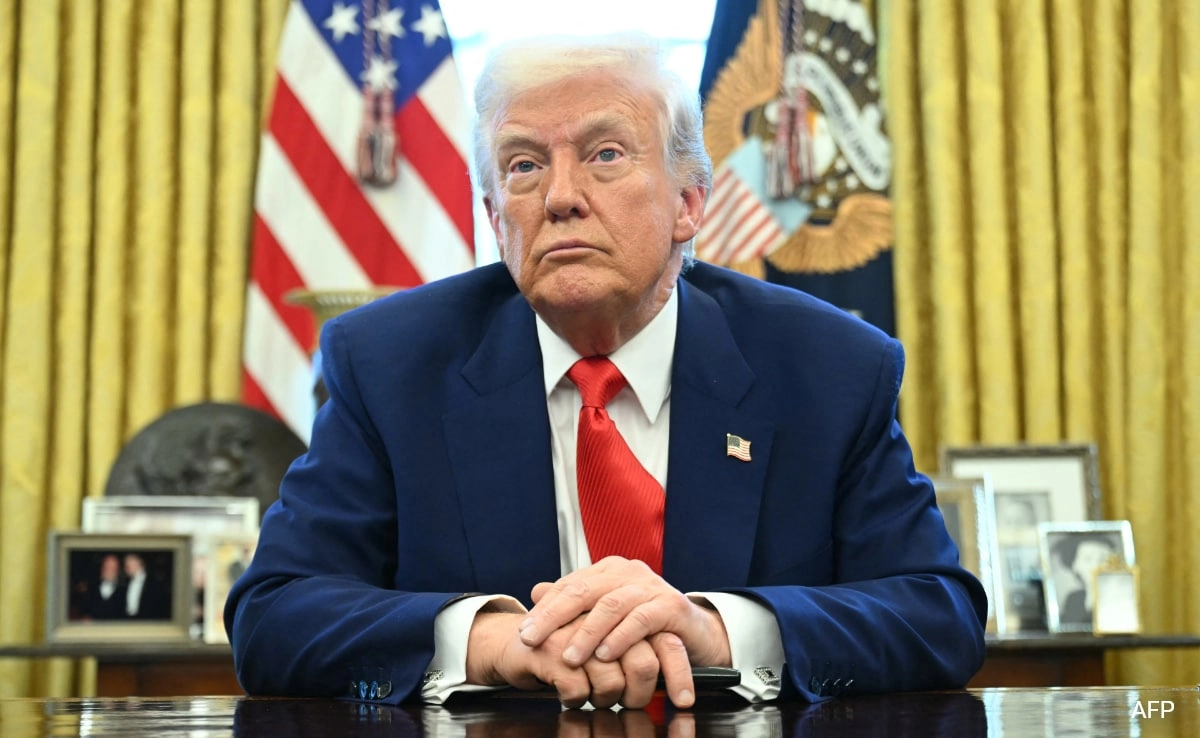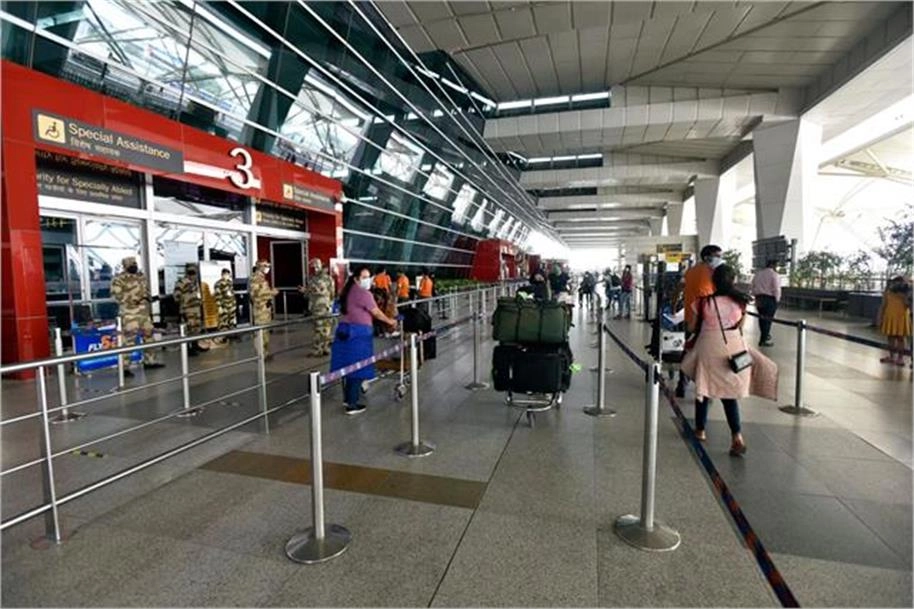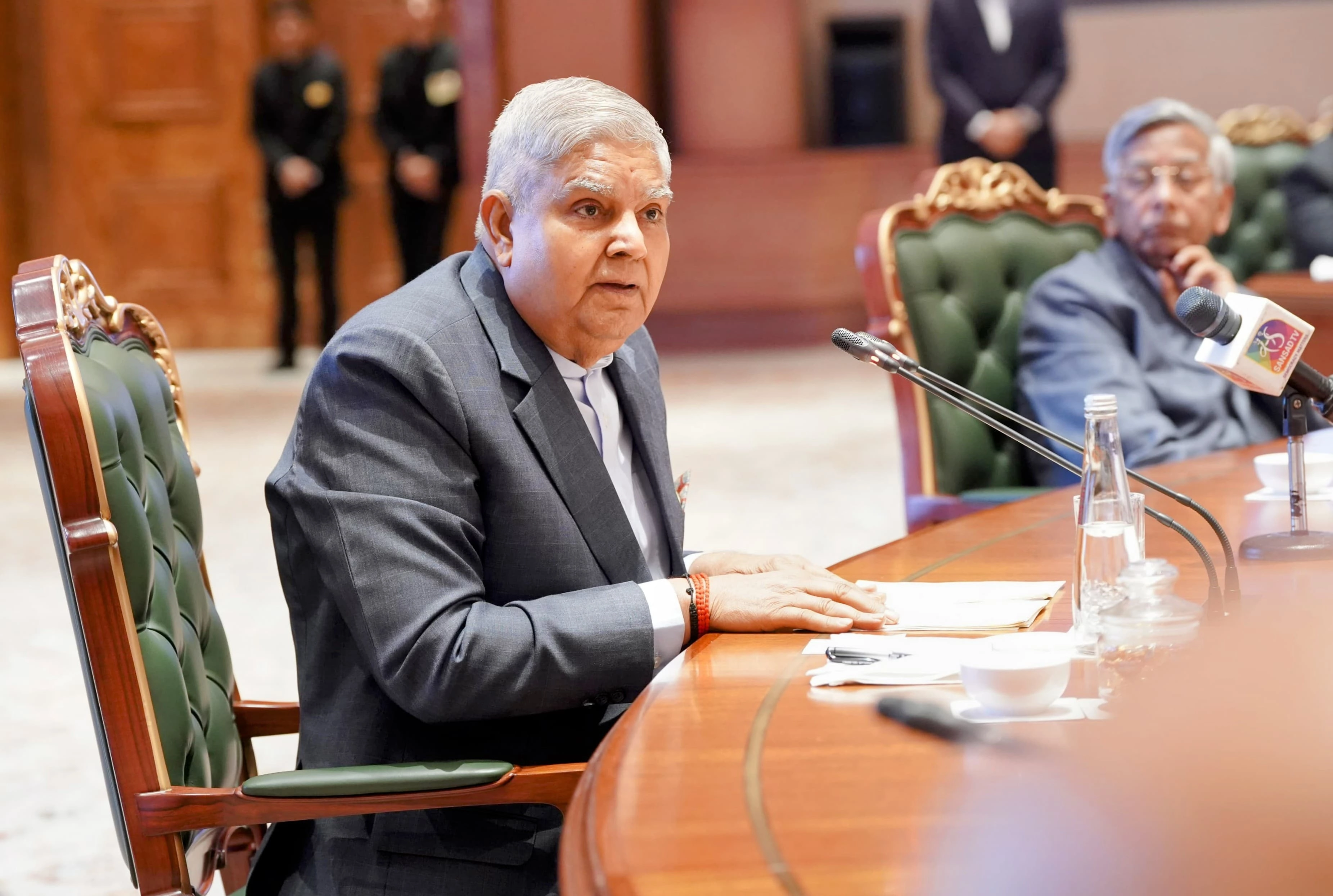In a strategic move that has garnered significant attention, former President Donald Trump announced a 90-day pause on tariffs affecting all countries, with the notable exception of China. This decision reflects a complex interplay of economic considerations and geopolitical dynamics, aiming to provide breathing room for negotiations and economic stability. By suspending tariffs on a broad range of imports, the administration sought to alleviate pressure on American consumers and businesses that had been grappling with rising costs due to ongoing trade tensions. The temporary halt was intended to create a more favorable environment for discussions related to trade policies and to encourage other nations to come to the negotiation table.
The exclusion of China from this tariff pause underscores the ongoing friction between the United States and China, particularly regarding trade practices and intellectual property theft. The Trump administration had long been critical of China’s trade policies, viewing them as unfair and detrimental to American economic interests. By maintaining tariffs on Chinese goods, Trump aimed to exert pressure on Beijing to address these longstanding issues. The hope was that this would lead to more favorable trade terms, ultimately benefiting the U.S. economy. This approach highlights a broader strategy of using tariffs as leverage in international trade negotiations, reflecting a shift toward more protectionist policies.
Moreover, the decision to pause tariffs for other countries while keeping them in place for China illustrates Trump’s commitment to his “America First” agenda. The administration recognized that escalating trade wars could have adverse effects on domestic markets, particularly as the economy faced challenges from the COVID-19 pandemic. By temporarily easing tariffs on imports from allied nations, Trump aimed to bolster economic recovery and maintain essential supply chains, which had been disrupted in the wake of the pandemic. This delicate balancing act between protecting American jobs and fostering international trade relationships was a defining characteristic of Trump’s trade policy.
In summary, Trump’s 90-day pause on tariffs for all countries except China was a calculated decision aimed at navigating the complexities of international trade relations. It served multiple purposes: alleviating immediate economic pressures, maintaining a tough stance against China, and supporting the broader objectives of the administration’s trade agenda. As negotiations continued, this pause provided a window of opportunity for dialogue and potential resolution of key trade issues, underscoring the intricate nature of global trade dynamics during a tumultuous period.




